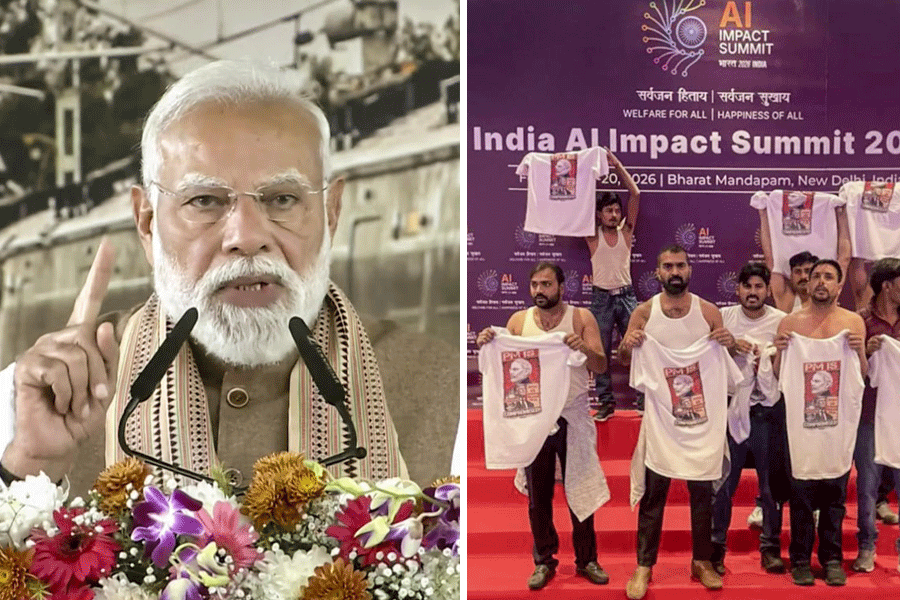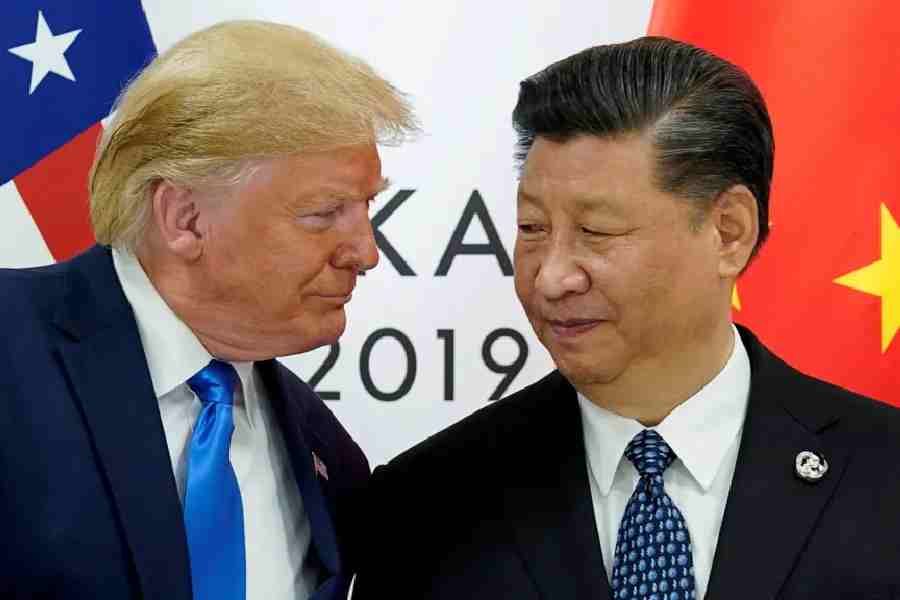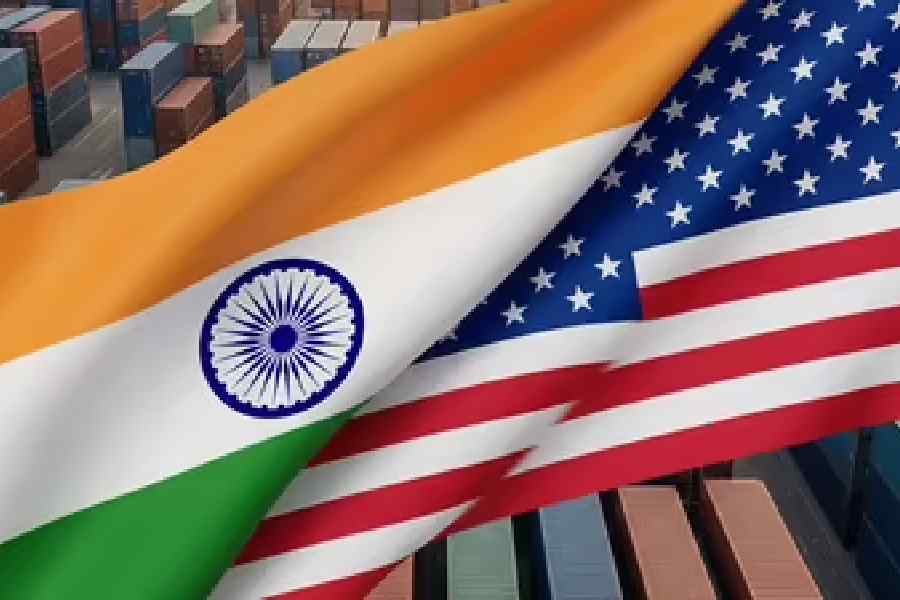 |
| Cost effective: The man and his machine |
It was a curious gift for a much loved bride. The poor, rural welder from Tamil Nadu lovingly pressed a small packet in his wife’s hands. The crudely wrapped viscous cotton wad was a sanitary napkin that he had created himself.
He’d once seen her furtively carrying a dirty cloth, and was told that she was using it for her menstrual cycle. Sanitary napkins in the market were expensive and she — like millions of rural and urban women — used rags instead.
For A. Muruganathan, once called a “sexual deviant”, that was the beginning. The man who wanted his wife to have a dignified way of dealing with her periods has for the last five years been running a business assembling machines for producing cheap and clean sanitary napkins.
Sitting in the single garage office of his Coimbatore-based Jayaashree Industries, Muruganathan, 48, says he is besieged by calls from the government and foreign manufacturers. “But my machine is not for big corporations or rich people... I choose my customers” — who are typically rural women, self-help groups, NGOs or small townsfolk keen to start a viable business.
Among them are six women entrepreneurs in the nearby textile town of Tirupur. They bought his machine for Rs 2.6 lakh. It takes them a minute to make one napkin and they churn out 500 a day, selling them per piece or for Rs 23 for a packet of eight. Their profits vary as they charge more for a large hospital order and less for self-help groups. “We want our pads to reach women with no access to such products,” says V. Manimekalai, 55, one of the six partners, who is earning a salary for the first time.
Muruganathan smugly savours the success story. “This is what I want from my invention... The Tirupur women are competing with big brands in the market. Yet customers prefer to buy their sanitary napkins and that says a lot.”
The school dropout, residing in a remote village on the outskirts of Coimbatore, has an unusual tale to tell. When he first started experimenting with sanitary napkins, he tried to figure out the kind of cotton used by established manufacturers.
“I experimented with different kinds of cotton from the textile mills in the Coimbatore area,” Muruganathan says. When his wife and sisters refused to be part of his experiments, he approached students from a nearby medical college. He would accost them outside the college and at bus stands asking them to try his napkins and fill out questionnaires. “I realised medical students will not be embarrassed,” he says.
Muruganathan carried on, approaching women to part with their used napkins — and even trying on a pad himself after wearing a football bladder injected with animal blood. “I was addicted to this experiment. I sold my personal belongings such as my moped,” he says.
“I was called a mad man, a sexual deviant and a psycho. There was talk about ostracising me,” he says. His wife left him and sent him a divorce notice. “I did not react, I just felt I had more time for my research.”
One day, his widowed mother, who worked as a labourer after the death of her husband to bring up her three children, saw him lay out soiled napkins on a table in a shed outside his home. She wept bitterly — for till then she had not believed the villagers — and cut off ties with him.
But Muruganathan never thought he was dealing with anything dirty. “When I got a soiled sanitary napkin I treated it like a treasure,” he recalls with a laugh. “I just had one thing in my mind — to make a usable sanitary napkin. I worked hard and lived on bread and sugar.”
His mission came to an end when a volunteer finally felt so comfortable wearing his napkins that she forgot it was not branded. Once he knew the napkin formula, Muruganathan, who had worked in a welder’s workshop since he was 14 to supplement his mother’s income, sat down to develop a portable assembly machine.
It’s an assembly of units — the first machine is used to de-fibre wood pulp into smooth cotton which is then measured and compressed into a rectangular mould. The cotton is covered with a non-woven sheet after pasting a lower sheet on its back and is then finally passed through a sealing machine to trim, position and seal the package.
Public recognition came his way when he sent his innovation to the Indian Institute of Technology, Madras, for evaluation. It was entered in a competition without his knowledge and bagged an award. This was in 2005 and Muruganathan has not looked back.
A poster of a humongous sanitary napkin machine used by multinationals is pasted on one of the faded blue chipped walls of his office. It is meant to drive home the affordability of his indigenous machine which costs Rs 1.50 lakh.
It’s not clear how much Muruganathan has financially benefited. He says he has sold 600 machines in the last five years, and with each unit, earned a “5 per cent need-based profit”. His customers are spread all around India, Nepal, Bangladesh, Pakistan, Sri Lanka and in Africa.
Among them — just a few hours from Coimbatore — is V. Sivasakthi, a housewife in Erode district. She has bagged a hospital order to deliver 10,000 packets a month. “I hope to make a profit of Rs 5 from each packet,” she says happily.
Muruganathan refuses to open a factory though the demand for his machine — which he has patented — continues unabated. He is besieged with enquiries from government organisations such as the Council for Advancement of People’s Action and Rural Technology, foreign buyers and NGOs. Instead, he gets the machine developed and assembled through different manufacturing units.
“I have 77 people supporting me in my business. I prefer to do it this way rather than be tense and act like a big businessman with labour scurrying around me,” says Muruganathan.
These days, he lectures at prestigious management institutes. In September, he is off to London to speak at an international conference. “I have learnt more about life living it in the middle of society rather than learning about it in the four walls of an elite closed room,” says Muruganathan, who received an award for “grassroots engineering innovation” from then President Pratibha Patil in 2009.
But his happiest moment was not when he received the President’s award or when the Chhattisgarh government felicitated him. What gave him the greatest joy was a message from one of his customers. He recalls how he’d taken his machine on a donkey to a remote hill area in Uttarakhand to sell it to a woman who wanted to set up a unit. “She called me later to say, ‘Bhaiyya, I can now send my child to school’,” he says.










